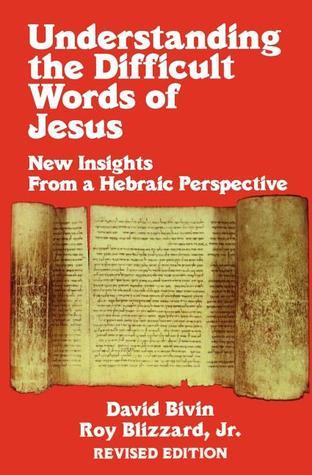What do you think?
Rate this book


130 pages, Paperback
First published November 30, 1983
The concept of "kingdom" is perhaps the most important spiritual concept in the New Testament. In English or Greek, "kingdom" is never verbal. It is something static, something to do with territory. But, in Hebrew, "kingdom" is active, it is action. It is God ruling in the lives of men. Those who are ruled by God are the Kingdom of God.
"Kingdom" is also the demonstration of God's rule through miracles, signs, and wonders. Wherever the power of God is demonstrated, there is His "Kingdom." ... We see God;s Kingdom when we see Him in action. In the same way, people saw the Kingdom when they saw Jesus in action. This is what Jesus meant when he said: "But if it is by the finger of God that I cast out demons, then the Kingdom of God has come upon you." (Luke 11:20)
Jesus also used "kingdom" to refer to those who followed him, the members of his movement. His disciples were now to literally be the Kingdom of God by demonstrating his presence and power in their lives. (pg 64)